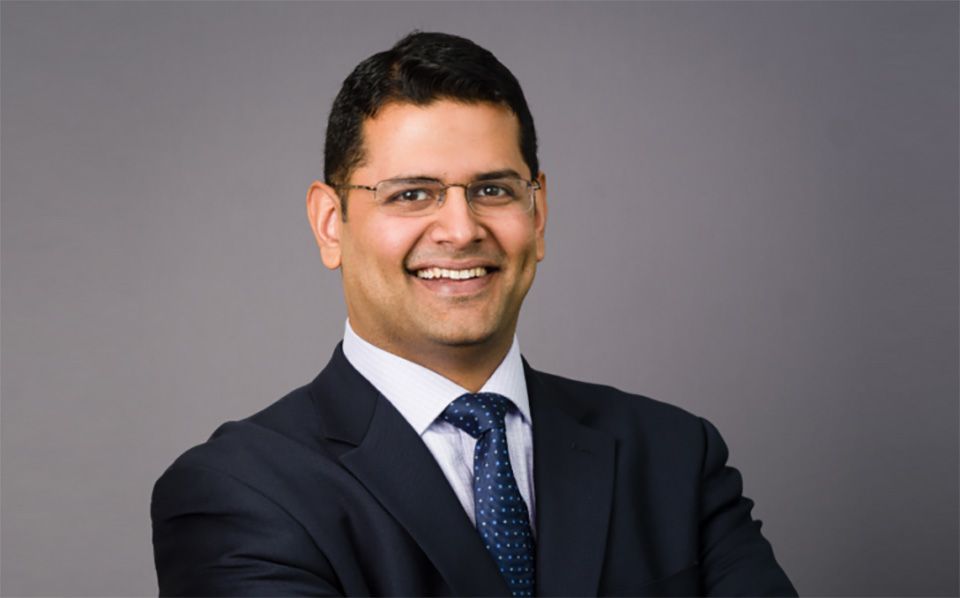Ten years ago reducing coal was the agenda for COPs and policymaking, today it’s hydrogen and biofuel and in future it will be green metals, according to Fulcrum Asset Management’s Fawaz Chaudhry.
Speaking to ESG Clarity about his expectations for the upcoming climate conference in Egypt, COP27, the Climate Change Fund manager said he is “very excited” about some of the changes being brought in for the hydrogen economy from previous conferences and government targets.
In the EU, current hydrogen targets include a 40-GW electrolyser capacity target by 2030, producing 10 million mt/year of renewable hydrogen. From 2030 onwards, the EU expects renewable hydrogen to be deployed at a large scale across all hard-to-decarbonise sectors.
“Targets on hydrogen and the tightening on them are good, it helps give us guidelines,” Chaudhry says. “There is an opportunity for investors to own a lot of these securities that will benefit from this transition because it’s not fully priced in yet.”
Fulcrum’s $141m Climate Change Fund launched in August 2020. Its top 10 holdings are most of the usual suspects such as Alphabet and Tesla, but it has also owned hydrogen producers Air Liquide and Linde, and fuel cell systems from Ballard, Plug Power and Powercell, which Chaudhry said form the “backbone of the future hydrogen economy”.
“We put all the hydrogen companies in our portfolio about two years ago and we’ve made various changes based on new companies and valuations,” he said.
“We have recently reduced our exposure to the sub-sector based on valuation concerns.”
Beyond COP27
Further down the line Chaudhry expects to see green metals on the political agenda, but says it’s still a “fringe idea”.
“We are excited about initiatives on green metals, decarbonising metals and then construction, like green cement. I’m already meeting these companies that are going to be taking advantage of green cement, green steel, green aluminium. It is still not really on the agenda yet but it will come.”
Another area Chaudhry would like to see tackled at COP27, but does not have high hopes for is agriculture.
“I’d love to see agriculture being attacked but that’s not likely. It’s one of the big producers of carbon and emissions, but because farmers have a huge lobby no one touches it, it’s like a sacred cow, pun unintended, no one even wants to discuss it.
“The emissions, the water usage, the entire sustainability scope for agriculture – we waste so much, we subsidise it so much,” he added. “The energy transition is a developed world-led initiative – I’m from Pakistan and people there are too poor to worry about this, they’re just trying to get food on the table, so it has to be led by the developed world.”








